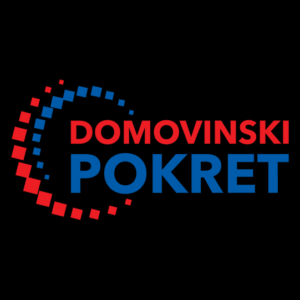Some political scientists have classified DP as “far right” and compared them to Fidesz in Hungary. The DP has consistently prioritized culture war issues, targeting immigration and minority policies, particularly against the Serbian minority. In the 2019 presidential election, Skoro campaigned on the promise to pardon Tomislav Mercep, a former politician and paramilitary leader who was convicted for serious war crimes, including responsibility for the murder of 43 civilian Serbians that his unit committed.
The DP are also conservative on social issues, and campaigned in the 2020 elections on a total ban of abortions (which is not a unique position in Croatian politics, even candidates for HDZ and Most are strongly anti-abortion). On economic issues, the DP lean to the right: promising reduced bureaucracy, strict limits to the interference of politics in the economy and reduced number of regulations, but also free kindergartens. DP is softly euro-skeptic, in favor of membership in EU but against adopting the Euro.
In 2020, DP was part of an electoral alliance with a number of smaller parties. Notable among these is Sovereign Croatia (HS), a Christian and conservative party that was formed in 2019 and then merged with a number of other small parties. HS currently holds four seats in parliament. The coalition also included Bloc of Croatia (BzH), a motley group of right-wing radical parties, which has a seat in parliament. Since the election, six of the eleven DP parliamentarians have left the party for another party group in Croatia’s highly fragmented Sabor.
DP has grown in the void created to the right in the party system when HDZ moved towards the centre. Throughout the years of independence, there has been mobilization from, among others, the Catholic Church calling for a strong christian right.







